Tokyo, Japan, June 12 (V7N) – Japan on Thursday lodged "serious concerns" with Beijing following a series of dangerously close encounters between Chinese fighter jets and a Japanese military patrol plane over the Pacific last weekend. The incidents occurred shortly after two Chinese aircraft carriers were observed sailing together in the Pacific for the first time, including within Japan's economic waters.
Japan's defense ministry described the aircraft carrier activity, which China characterized as "routine training," as evidence of Beijing's expanding military reach. A ministry spokesman confirmed to AFP that Chinese fighter jets had flown "unusually close" to the Japanese P-3C patrol plane.
On Saturday, a Chinese J-15 fighter jet from the Shandong aircraft carrier reportedly shadowed the Japanese patrol plane for 40 minutes. The following day, two J-15 jets engaged in similar behavior for 80 minutes. The spokesman detailed that during these prolonged periods, the Chinese jets maintained an "unusually close" proximity, coming within 45 meters of the Japanese patrol plane at the same altitude on both days.
Furthermore, on Sunday, the Chinese jets were observed cutting across the airspace approximately 900 meters in front of the Japanese patrol plane. The defense ministry warned that this distance could be covered by a P-3C within a few seconds at cruising speed, raising alarm.
"Such abnormal approaches can lead to an accidental collision, so we have expressed serious concerns" to the Chinese side and requested that they prevent a recurrence, a defense ministry statement read. The ministry confirmed that no Japanese military personnel were injured in the incidents.
A second defense ministry spokesman told AFP that Tokyo conveyed its message through both diplomatic channels and direct communication between officials from the two nations' defense ministries.
The last reported similar incidents involving Chinese Su-27 fighter jets flying within 30 meters of Japanese military planes occurred over a decade ago, in May and June 2014.
Daisuke Kawai, director of the University of Tokyo's economic security and policy innovation program, suggested earlier this week that the timing of the Chinese aircraft carrier movements might be linked to ongoing US-China economic tensions. "Beijing calculated that the United States would be less willing or able to respond militarily at this precise moment, seeing it as an opportune time to demonstrate its expanding military capabilities," he told AFP.
END/WD/RH/



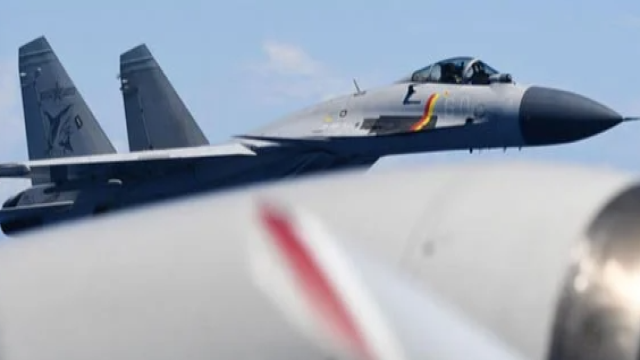
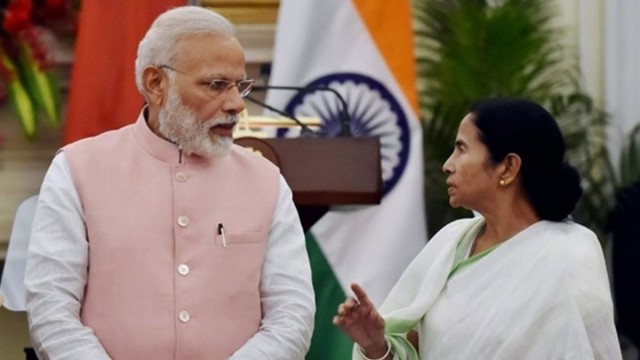
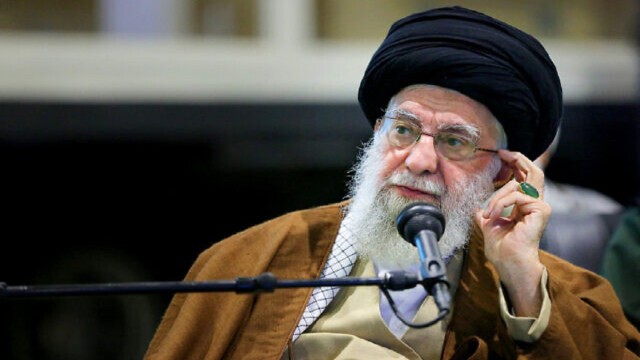

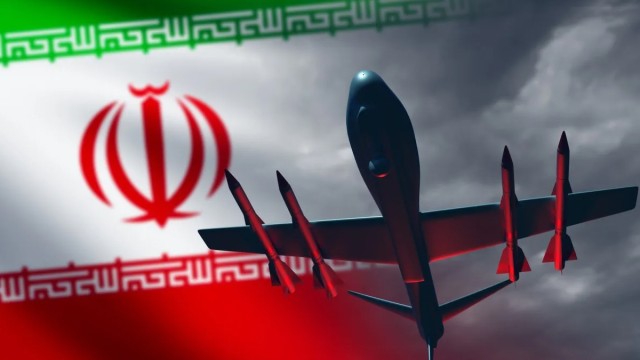


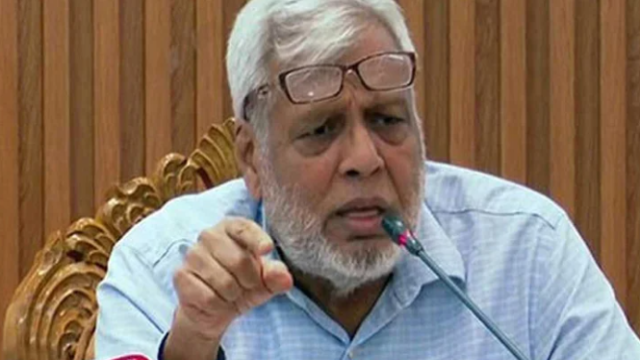

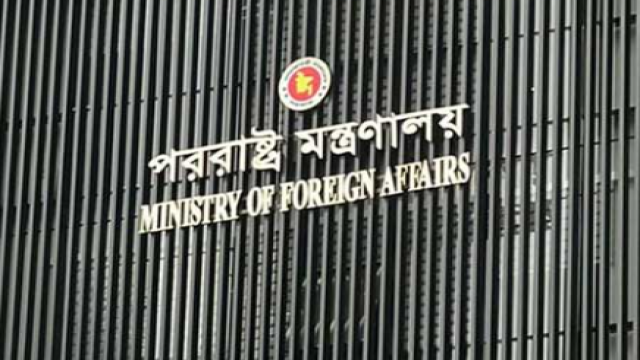






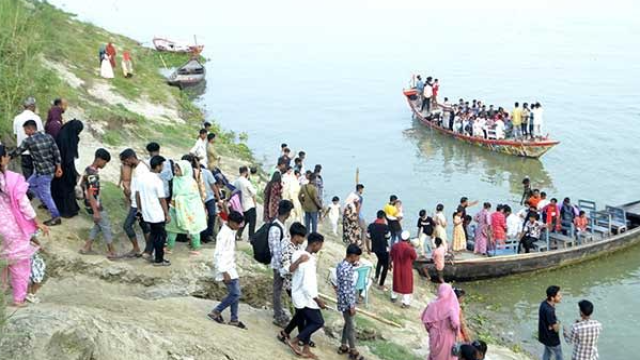



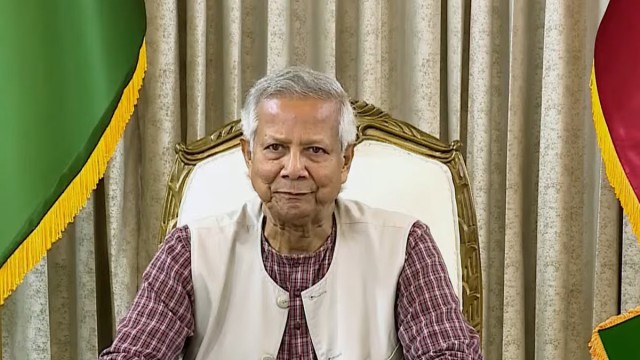


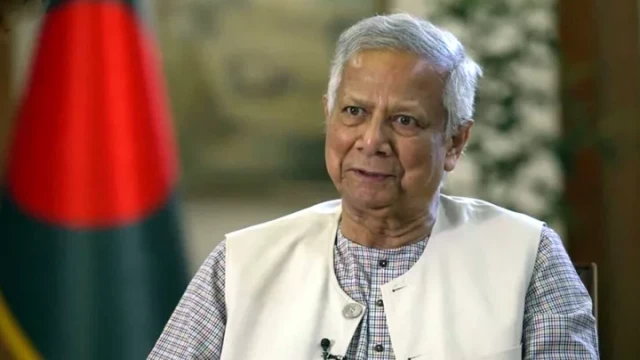




Comment: